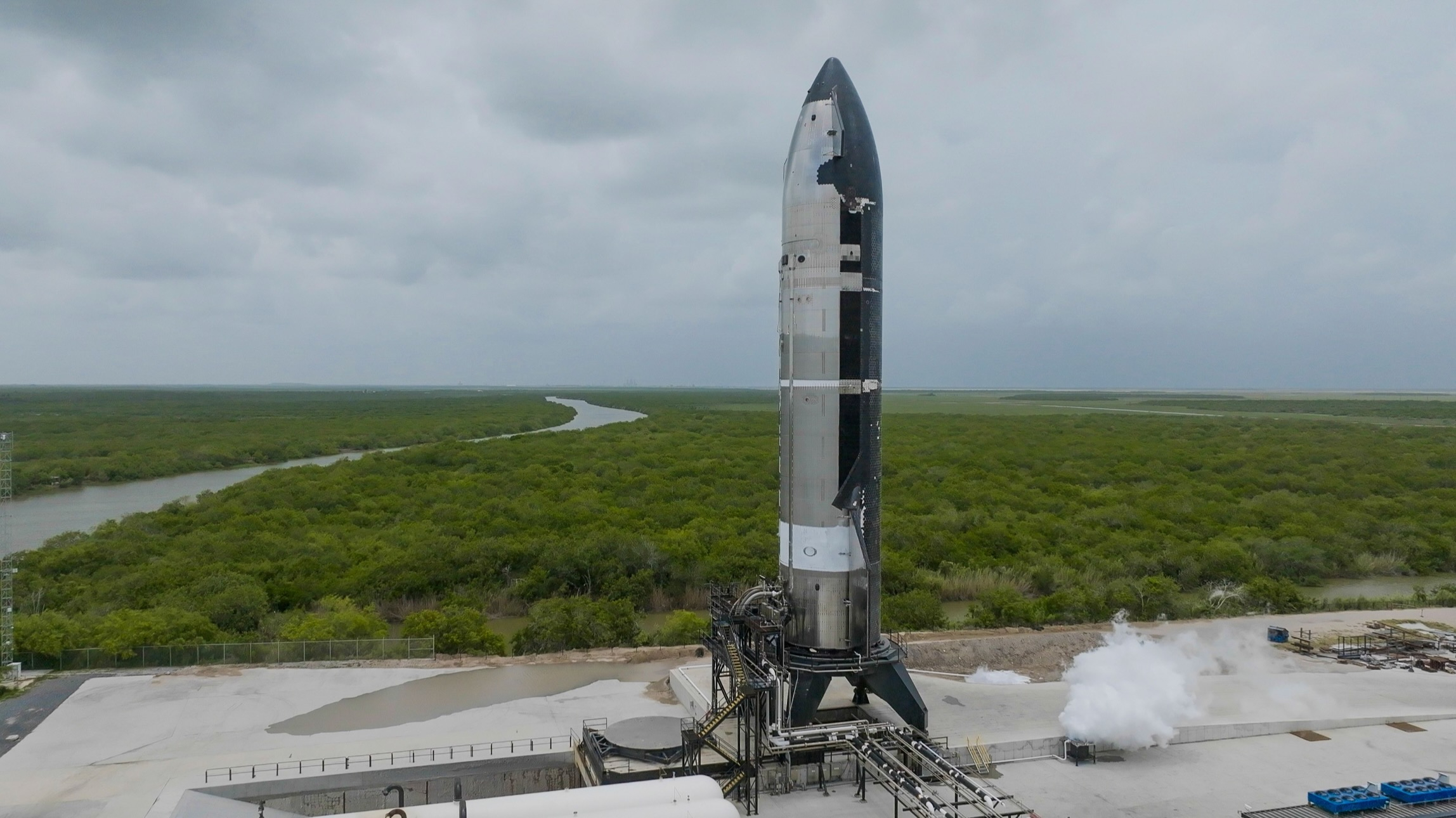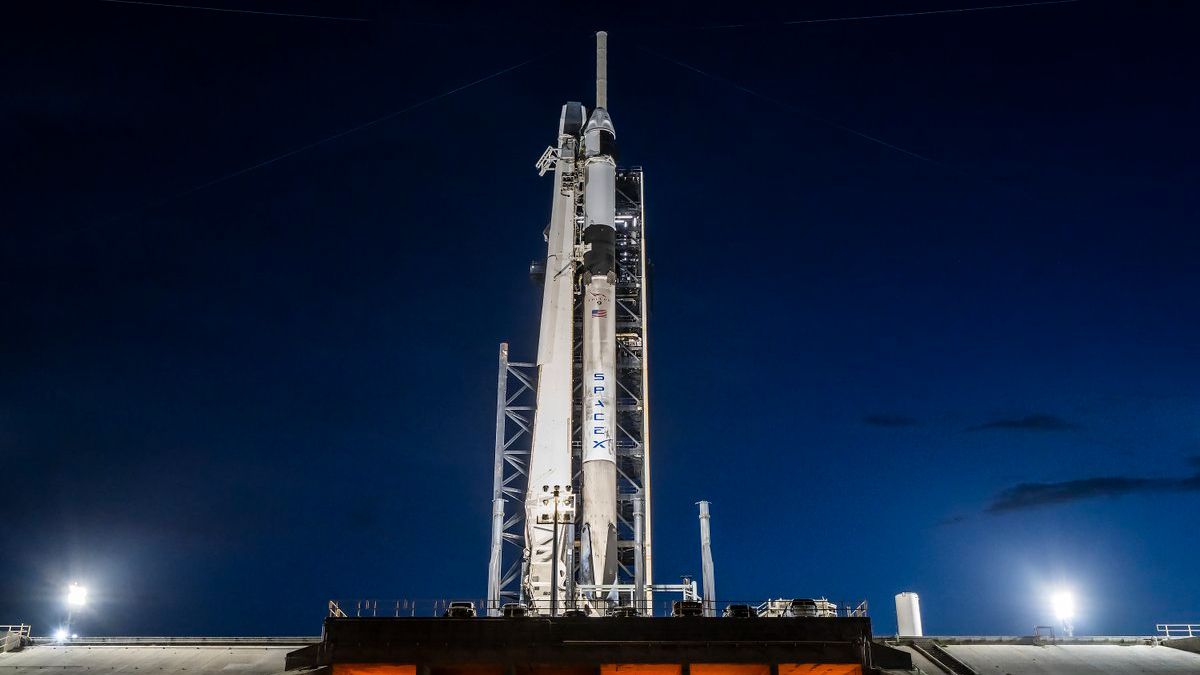BREAKING: SpaceX Returns from Mars with Alien Symbiote That Could Transform Human Medicine

In a surprising and world-shifting development, SpaceX has announced a discovery that could forever change the landscape of human health. During its most recent Mars expedition, the company brought back what may be its most groundbreaking find yet: an alien symbiotic organism with a completely unique DNA sequence—one that may hold the key to curing humanity’s most devastating illnesses.

Originally launched to further exploration and long-term settlement goals on Mars, the mission took a startling turn when astronauts stumbled upon a lifeform hidden deep within a Martian cave network. Elon Musk, SpaceX CEO, revealed in a press conference that the organism—codenamed “X-1”—displays an unprecedented ability to merge with human cells and trigger cellular repair mechanisms beyond anything known to science.

Preliminary laboratory tests suggest the symbiote has the potential to repair tissue damage, regenerate nerves, enhance immune responses, and even slow down cellular aging. In early medical trials, patients with chronic conditions—including advanced cancers and neurological disorders—experienced rapid healing and symptom reversal.
But while the potential is staggering, scientists around the world are urging caution. Introducing extraterrestrial DNA into the human body presents ethical and biological risks that remain poorly understood. Could the organism trigger unexpected mutations or affect human evolution in unpredictable ways?

Unlike traditional treatments that target specific ailments, the symbiote appears to interact holistically with the body, adapting to each individual’s genetic blueprint. This has led experts to speculate that X-1 could one day serve as a universal therapy—one that evolves with its host and eliminates entire classes of disease.
“This is not just a breakthrough in medicine,” Musk said. “It could be the beginning of a new era for the human species—but we must proceed with extreme care.”
Despite the excitement, some critics are raising concerns about transparency. The Mars mission was largely classified, and many details surrounding the symbiote’s discovery remain under wraps. Skeptics question whether SpaceX has fully disclosed the nature of X-1, or whether deeper motives—such as control over genetic technology—could be at play.

The organism’s true origin is also unclear. Was it a product of Martian evolution? A remnant of ancient alien life? Or something deliberately placed for humanity to find?
While those questions remain unanswered, one thing is certain: the discovery of X-1 has the power to reshape not only medicine but the very definition of what it means to be human. As scientists and ethicists scramble to study the organism, the world waits to see whether this symbiote will become humanity’s greatest ally—or its greatest gamble.